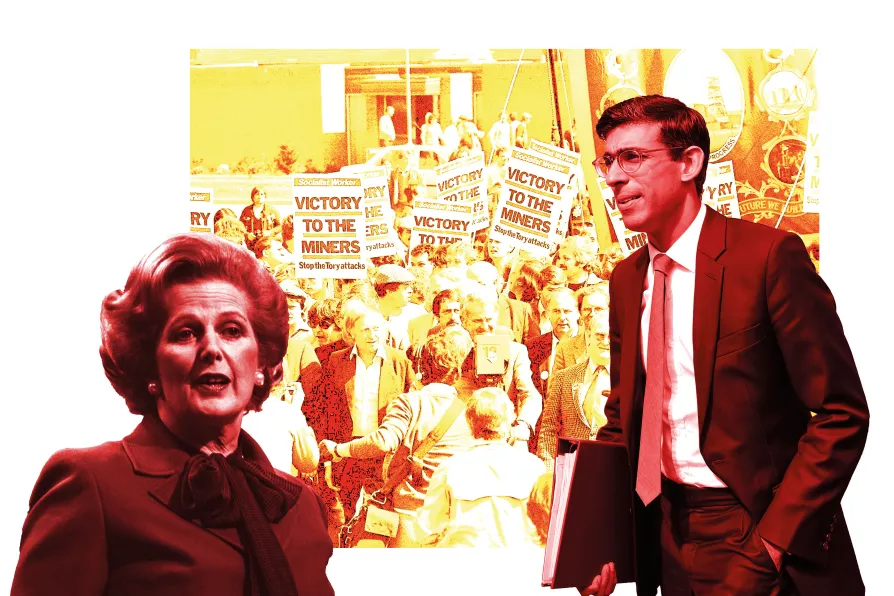The US-Israeli strikes against Iran are part of a decades-long war against the Islamic Republic which has refused to bow to US demands that it surrender its sovereignty, argues VIJAY PRASHAD


FORTY years ago, Margaret Thatcher went to war against “the enemy within.” Striking miners were subject to the full force of the British state as the Conservative government sought to defeat Britain’s most powerful trade union, decimate their industry and clear the way for economic shock therapy.
With the prime minister’s authorisation, a covert campaign was waged to discredit Arthur Scargill “politically and socially.” MI5 informants were placed inside the NUM. Wiretapping was endemic. Paramilitary police placed pit villages under effective occupation. The forces of state repression were mobilised on an industrial scale as the ruling class ensured their victory in what became the defining political moment of Britain’s post-war class struggle.
Earlier this month, on the steps of Downing Street, Rishi Sunak identified a new “enemy within.” The Prime Minister described the anti-war movement as a “force here at home trying to tear us apart.” Thatcher’s language echoed down the decades as the Prime Minister said British democracy had been “deliberately undermined” by groups who have “hijacked our streets.” His words were welcomed by Starmer’s Labour, who themselves have promised to “take back our streets” — although from whom it is not entirely clear.

A past confrontation permanently shaped the methods the state will use to protect employers against any claims by their employees, writes MATT WRACK, but unions are readying to face the challenge

COLL McCAIL assesses the revelation that Britain is now outsourcing its surveillance flights over Palestine to US mercenaries












